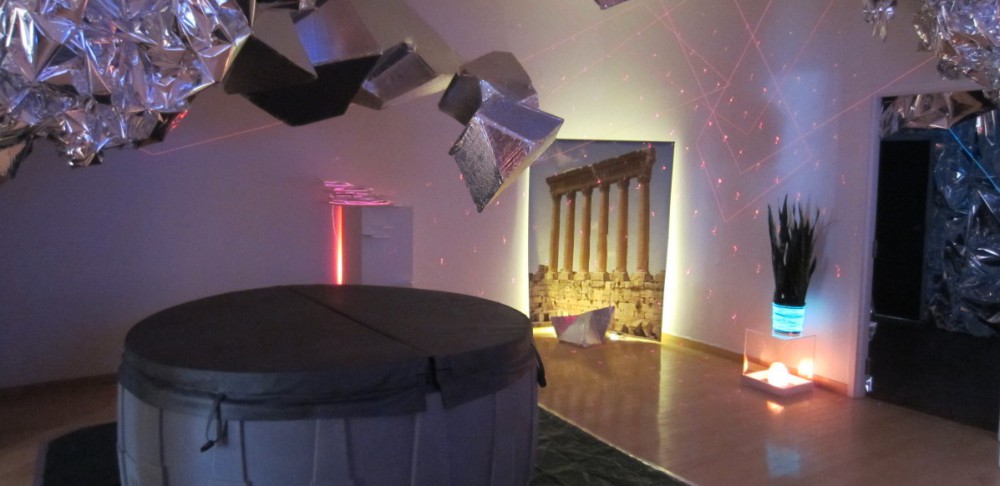What can I say about these last couple of chapters? I don’t even want to talk about it, I just want to pretend I didn’t read any of it. Let me just say, I LOVE THIS BOOK! I enjoyed the imagery, symbolism, characters, just everything. But boy did the the tone drastically change by the end.
Throughout the book Dick intentionally described people in synthetic ways, as well as described the androids in very human ways. Dick made us question who was truly warm-blooded and who was the cold emotionless machine. So why, by the end, did all the androids just lose all the personality they had built up. Roy’s death in Bladerunner was so good; it was human. But in the book it’s just so sudden and anti-climatic. When Roy screamed at Imgards death it had no impact; it wasn’t descriptive at all, unlike Lufts death (I’m not going to put up any pg numbers as I did not take any notes due to to the fact that I was dumb-founded by those last chapters). The conclusion to the book just destroys the significance of the great scenes between Deckard and Rachael, as well as Deckard and Luft. By the end you do not question who is truly human; Deckard is the human and did the right thing. All empathy for the androids is just stolen from the reader.
And Mercer appearing to rick seriously? Rick being compared to a messiah-like figure? What do you guys think the point of this was? I honestly just can not think of anything right now. As a lover of stories that question what it means to be a human and have the book end this way, is just heart-breaking. AHHHHH I mean c’mon the news that Mercer was a fraud was just great. It was basically a religion, a religion that was focused on empathy, the defining human element of the book. To have that religion debunked results in having the definition of being a human in the book debunked. Just to have it ended with a clear border created between humans and andys. I can see the ending being used to define why andys could never truly be human, as they were unable to have faith, with faith being a major part of being religious.
And to have the book end with Iran discovering that the toad that Deckard had found was an android, despite deckard being unable to tell, just warps everything all over again. Make up your mind dick do you want the reader to question what it means to be human/alive? Or do you just want to express that humanity is defined by religion. I mean religion played a very minimal role throughout the story; therefore, it makes no sense to have a religiously focused ending. And why the toad of all things to be closely attached to mercerism? The sheep was mentioned throughout the book, and it is one of the animals that has religious connections. After all, Mercer was described in a very christ-like way. I’m just so upset right now. In my head, I’m just going to replace the ending of this book with the ending from bladerunner.




